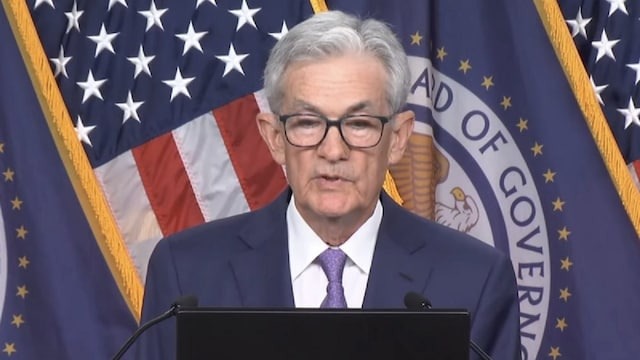
The Income-Tax department can attach an asset under the anti-benami law even if the actual owner of such property has not been identified as the Act has a specific provision to deal with untraceable or fictitious entities, a quasi-judicial body has said.
As per a news agency PTI report, The Lucknow unit of the Income Tax department made such asset attachment order in the year of 2023. The President had on November 26, 24 ,that is still within the period under consideration, the authority that set up Adjudicating pursuant to the Prohibition of benami Property Transactions PBPT Act, 1988 also attaches these land assets.
Origin of the Case: Alleged Benami Transactions in Luknow.
The case of alleged benami assets was surfaced after the department searched three real estate companies based in Lucknow that had allegedly purchased large parcels of land in kakori area which is located in lucknow district and paid large sums of money in cash for it alongside heavy unreported cash amounts for the land.
There were also people mentioned over the letters of ownership that include supreme court judges and various high-profile politicians that the media had pointed out.
The Benami Prohibition Unit Pune of the department confirmed in October 2023 that ownership of five parcels of land was temporarily suspended on the grounds that they amounted to more than Rs 3.47 crore sterling and were subsequently categorized as ‘benami assets’.
Entities Involved in the Proceeding
This order has been forwarded to the Authority to seek confirmation with the mention of a benamidar besides two companies and two individuals who were described as the ‘interested parties’ in the proceedings.
As already indicated in the discussion above, the provisional order did contain the name of the beneficial owner.
Explaining the concept of Benami and its nature
Most of the time, the order for the attachment of assets issued by the I– T department under the PBPT does have the details of the ‘beneficial owner’ and the ‘benamidar’ placed therein.
As indicated earlier, the term ‘benami’ translates to ‘no name’ or ‘without name’ which effectively means that the person whose name appears as the owner of such a property is not the real beneficiary.
Slim Attachment Order
The Authority confirmed the claim of the I T in part and confirmed the attachment order only for properties worth Rs 3.1 crore out of the total attachment order value of Rs 3.47 crore on the ground that “there is no clear evidence related to payment of balance consideration (funds)” and maintained the view that Ravi Kumar was the benamidar in the case since he was an office boy in a real estate company whose name was Excella.
Erasure of Company’s Recognition from the Order
As per the Authority, there was no ‘clear evidence’ provided of an individual along with Pintail Real Estate LLP and Excella Premioinfra LLP. Hence the names ordered to be removed from the attachment order.
Such assets in the name of Ravi Kumar mandatorily require further probing that was instructed to the taxman by Authority while also citing Haresh Kumar Mishra as the abettor.
The Authority commanded the Lucknow BPU to remove the restrictions from five parcels of land courts that were in the Mohanlalganj area and whose value exceeded 5.68 crore rupees.
In the said case, the accused pointed out that the order of the authorisation was based on assumptions and speculations, thus it recommended cancelling the said order.
Where under the law determining the conditions that would make beneficial ownership a priority during an authorisation was established for, the uncertainty could have occurred if the Officer in Charge did not assume the conditions under Section 2(9)(D) of the PBPT Act, the Authority discussed.
Elucidation on Benami Transactions and Relevant Legal Framework
It was clarified that this part characterize a benami transaction as a transaction where the entity or person who provided the monetary resources for the acquisition of an asset or property is “not traceable or is imaginary” There was said
It said that said attachment order can, by no means, be held as “invalid” simply because the Investigating Officer has applied the provision of section 2(9)(A) of the PBPT Act instead of Section 2(9)(D). Required.
Backed Supreme Court Citation
The Authority referred to the order of the supreme court of India passed in the year 2009 in which it was held that “it is a well settled principle of law that mentioning of a wrong provision or omission of such a provision does not render an order void if the court and/or statutory authority had the relevant jurisdiction”.

 Desk
Desk Share
Share






